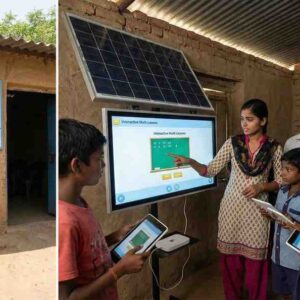Landmark Judgment Reinforces Economic Reservation, Stirs Policy Discussion
Key Metrics:
- Reservation Quota: 10% for Economically Weaker Sections (EWS) in educational institutions and government jobs.
- Population Affected: Targets approximately 8% of India’s population under the EWS category.
- Legal Precedents: Follows a series of judicial reviews since the policy’s introduction in 2019.
Overview of the Supreme Court’s Ruling on EWS QuotaThe Supreme Court has upheld the constitutionality of the 10% reservation quota for Economically Weaker Sections (EWS) of the society, confirming the government’s initiative to extend affirmative action to economically disadvantaged citizens irrespective of their caste or community. This verdict comes after extensive debates and legal scrutiny regarding the balance of social equity and economic assistance in India’s reservation policies.
Implications of Upholding the EWS QuotaThe decision is pivotal in shaping the framework of India’s reservation system, historically dominated by caste-based criteria. It aims to level the playing field by recognizing economic disadvantage as a significant barrier to accessing education and employment opportunities. The ruling thus expands the scope of affirmative action, previously confined to social and educational backwardness.
Diverse Reactions to the Judicial DecisionOpinionated View:Advocates for broader social justice measures applaud the court’s decision, arguing that economic criteria should complement caste-based reservations to address the complexities of poverty and exclusion in India. They assert that this move represents a progressive step towards a more inclusive society, where economic barriers are acknowledged alongside historical injustices.
Neutral Analysis:While the decision is seen as a forward-thinking approach to reservation policies, it also raises questions about resource allocation and the overall impact on the traditional reservation system. Critics caution that the addition of EWS quotas must be carefully managed to prevent dilution of benefits intended for historically marginalized communities.
Official Statements and Future DirectionsIn response to the ruling, government officials have reiterated their commitment to implementing the EWS quota transparently and effectively, promising to monitor its integration with existing reservation policies. Educational institutions and public sector entities are preparing to adjust their admission and recruitment processes to comply with the new guidelines.










